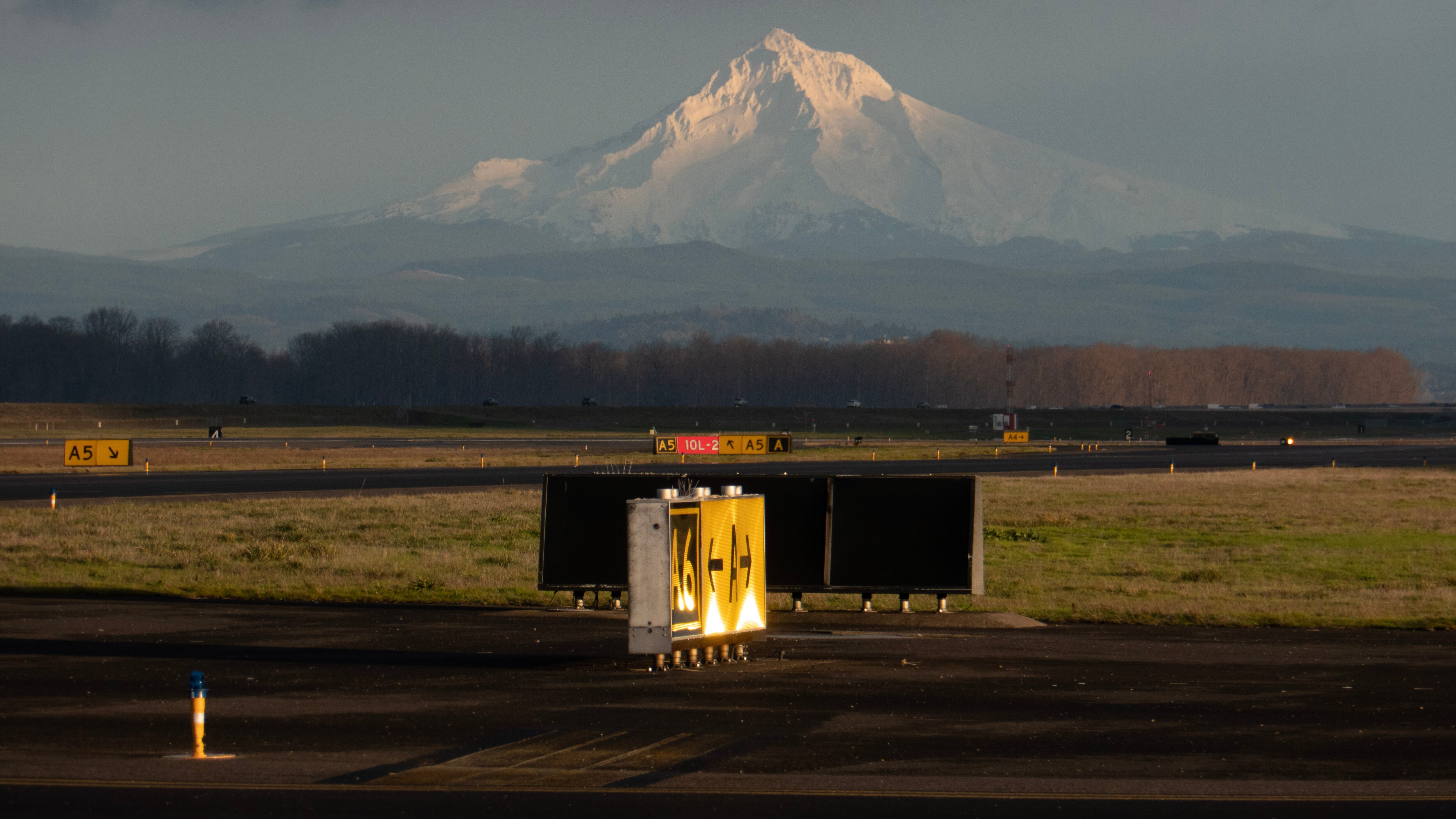Next Renewable Fuels, the company trying to build an enormous renewable diesel refinery on the Columbia River near Clatskanie, got a vote of confidence from a big customer looking for earth-friendlier jet fuel.
United Airlines Ventures, a unit of the Chicago-based airline, says it may invest up to $37.5 million in the Next plant to secure a supply of sustainable aviation fuel, or SAF. Next will get all the money if it reaches certain “milestone targets.”
The Next plant would be the largest producer of renewable diesel in the U.S., capable of producing 50,000 barrels a day (enough to fill more than three Olympic-sized swimming pools). The fuel is termed “renewable” because it can be made from nonpetroleum sources like used cooking oil, virgin vegetable oils, or even waste from fish-processing plants.
“We believe this investment will not only bolster Next’s ambitions and create near-term solutions to expand our SAF supply, but further demonstrates our commitment toward producing SAF at the scale necessary to decarbonize the aviation industry,” Michael Leskinen, president of United Airline Ventures, said in a statement.
United’s commitment is a bit of good news amid some recent setbacks for Next. Last month, Oregon regulators said Next couldn’t build a sprawling rail facility to serve the plant. The Oregon Land Use Board of Appeals said Columbia County officials erred when they granted a permit to lay 10 parallel tracks where Next could park rail cars.
The decision turned on whether the tracks constituted a “yard” or a “branch line.” Next planned to build part of it on land zoned for agriculture, where a branch line would be permitted but a larger yard would not. Columbia Riverkeeper, 1000 Friends of Oregon, and local farmer Mike Seely argued Next’s rail facility was a yard, and LUBA agreed.
Just before that, the board of the Beaver Drainage Improvement Company, which controls the river-bottom land around the plant, dropped a legal challenge that threatened to delay or even deep-six Next’s plans.
Next has said it plans to use rendered waste from fish-processing plants in the Northwest and Asia to make its diesel. Oregon law encourages the use of renewable diesel because it releases far fewer greenhouse gases than petroleum when it’s burned, though it does require the addition of hydrogen, which, in Next’s case, would come from natural gas.
“Producing nonconventional diesel fuel in the heart of the Columbia River Estuary from questionable feedstocks and using fracked gas is anything but sustainable,” Dan Serres, conservation director at Columbia Riverkeeper, said in a statement. “Next poses a tremendous risk to clean water, clean air, and the families and residents in the Lower Columbia River. United might want to get a little closer to ground level and rethink its investment in a project with such glaring, major flaws.”
The Next investment is United’s fifth SAF-related one and its first directly in a refinery. The airline says it flew the world’s first passenger flight using 100% SAF in one of the aircraft’s engines.
